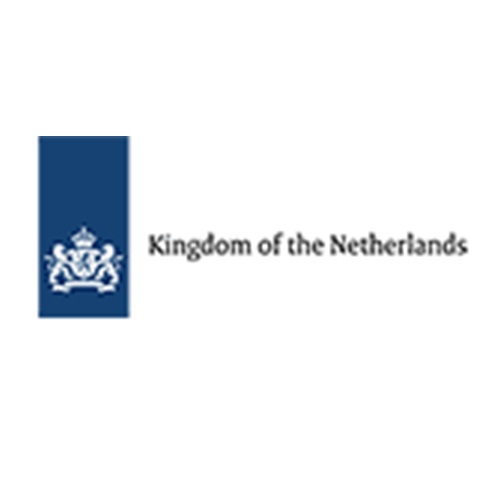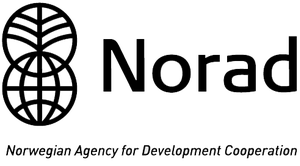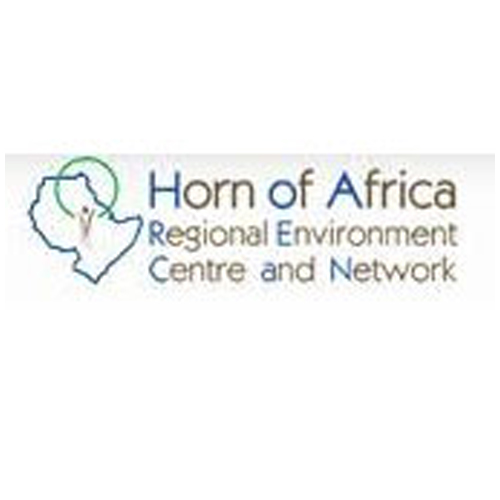The Non-Timber Forest Products - Participatory Forest Management, Research and Development Project in South West Ethiopia was funded by a consortium of agencies, including three major development donors and all of the implementing partners.

Wetlands at SRC
Project Funders
The European Union
The EU's Environment Budget Line was the main source of funding for this project. These funds supported the core staff and operational costs as well as the majority of the field activities. This budget line especially sought to explore the potential of innovative approaches for forest management and poverty reduction. Hence the role of NTFPs and PFM, as explored in this project, were relevant to the interests of this budget line. A key issue explored here was the role which NTFPs and other forest products played in improving incomes and so encouraging the development of participatory forest management (PFM) arrangements. The marketing of forest products and the link to international fair trade opportunities was also of particular importance to the EU.

The Netherlands Embassy
The Netherlands Embassy in Addis Ababa supported this project because of its interest in the environment in the Horn of Africa. In particular, the Embassy supported the work on PFM, land use management and payment for environmental services. When fine-tuned in the project area, these practices helped maintain the forested landscape in this part of Ethiopia, which is the headwaters for the Baro-Akobo international river system, and part of the Nile Basin.

NORAD
The Norwegian Embassy supports Ethiopia’s drive to improve food security and the essential basis of this in terms of sound environmental management. It is clear that the transformation of the south-west forests to the plough and cereal farming systems of the northern highlands is likely to lead to severe land degradation and that more appropriate forest farming systems should be supported. In addition, there is growing food insecurity in the southwest and dependency on food purchases and food imports into this region. NTFPs act as a safety net, supporting the poorest households in times when food is scarce. Thus, the role of NORAD funding was to strengthen such safety nets through a number of production, processing and marketing initiatives with farmers, especially women and poor households. In addition, support was given for exploring carbon offset payments.

HOAREC
Horn of Africa Regional Environmental Centre
